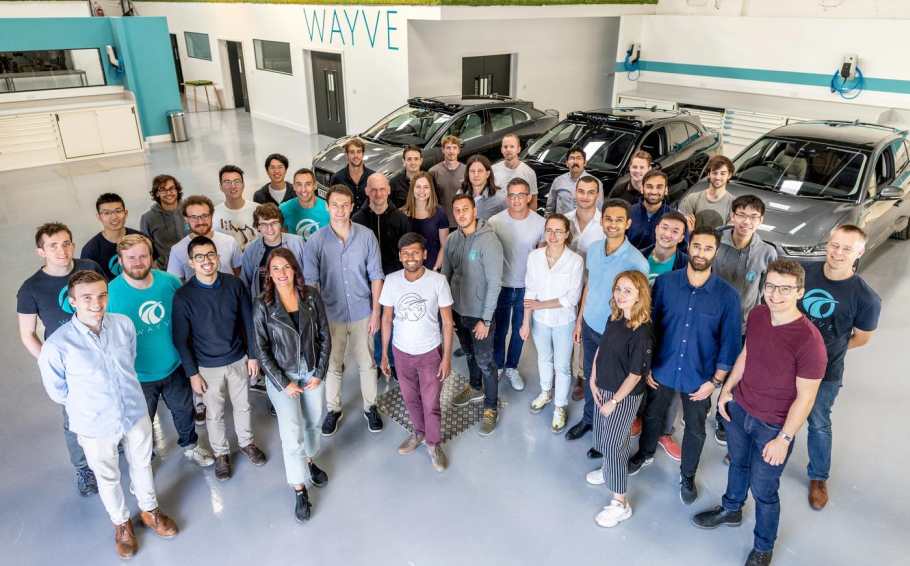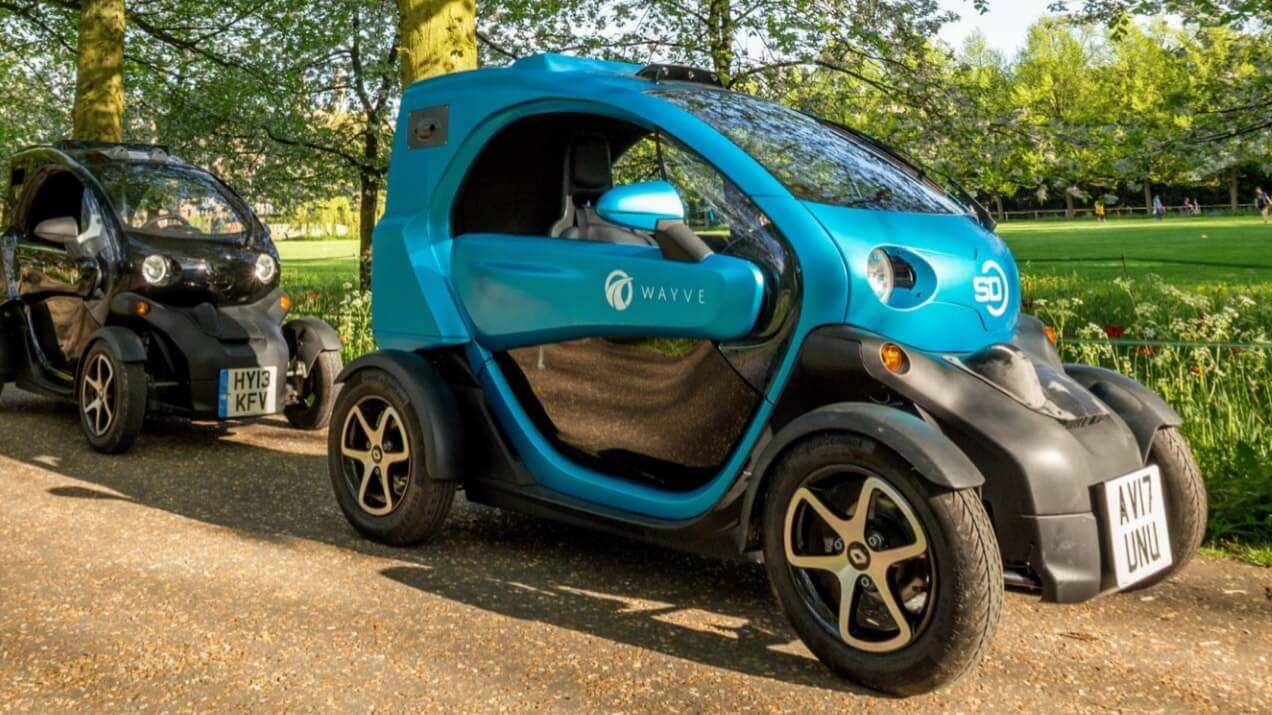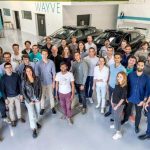Microsoft, Virgin back $200 million Series B investment in London-based autonomous mobility startup Wayve

Wayve, a London-based tech startup reimagining autonomous mobility through embodied intelligence, has raised $200 million in Series B funding backed by a prominent group of global financial and strategic investors. The round was led by Eclipse Ventures, with support from new global financial investors including Microsoft and Virgin founder Richard Branson.
Wayve was founded by a team of researchers from the Cambridge University engineering department. The team has developed an AI smart enough to learn how to drive a car by using just a computer and one camera, in about 20 minutes. Unlike other autonomous cars from bigger companies who rely on custom-built hardware for their autonomous vehicles, Wayve managed to make its own with only reinforcement learning as the foundation.
This latest round of funding brings total equity raised to over $258 million since inception and reinforces Wayve’s position as a leader in autonomous driving, pioneering artificial intelligence (AI) led approach to autonomous vehicles (AVs) on a global scale.
Founded in 2017 by CEO Alex Kendall and Amar Shah, Wayve uses end-to-end deep learning to develop artificial intelligence capable of complex driving. The startup is pioneering the AI software, lean hardware, and fleet learning platform for AV 2.0: a next-generation autonomous driving system that can quickly and safely adapt to new driving domains anywhere in the world.

Wayve is made up of a global team of experts in machine learning and robotics from top organizations around the world. The team is headquartered in London with their fleet of vehicles testing in cities across the UK. Wayve said its goal is to be the first to deploy autonomy in 100 cities.
Other backers in the Series B round include D1 Capital Partners, Baillie Gifford, Moore Strategic Ventures, and Linse Capital, as well as additional support from early-stage investors Compound and Balderton Capital. They join strategic investor Ocado Group and a prominent list of angel investors that include AI and industrial leaders, such as Sir Richard Branson, Rosemary Leith, Linda Levinson, David Richter, Pieter Abbeel, and Yann LeCun.
In a statement, Kendall said: “We were the first team to develop the scientific breakthroughs in deep learning to build autonomous driving technology that can easily scale to new markets using a data-learned approach. Today, we have all of the pieces in place to take what we have pioneered and drive AV2.0 forward. We have brought together world-class strategic partners in transportation, grocery delivery and compute, along with the best capital resources to scale our core autonomy platform, trial products with our commercial fleet partners, and build the infrastructure to scale AV2.0 globally.”
Wayve’s AV2.0 technology is designed to be the most adaptable AV system for fleet operators. It combines the advantages of a lean, camera-first sensing suite with the embodied intelligence of an end-to-end deep learning system that continually learns from petabyte-scale driving data provided by Wayve’s partner fleets, including Ocado Group, Asda, and DPD.
By using machine learning, Wayve is building a more scalable AV platform that can quickly and safely adapt its driving intelligence to new cities, different use-cases, and vehicle types. This unlocks the potential to scale commercial deployments to other cities more quickly than the conventional AV approach, which typically relies on an expensive and complex array of sensors and is operationally limited by HD maps and rules-based control strategies.
Seth Winterroth, Partner, Eclipse Ventures said: “As the industry struggles to solve self-driving with traditional robotics, it is becoming increasingly clear that AV2.0 is the right pathway to build a scalable driving intelligence that can help commercial fleet operators deploy autonomy faster. Wayve is breaking new ground by building AVs that can adapt to driving in new cities, previously unseen in training. As the leaders in this field, they have assembled an exceptional team of machine learning experts and AV veterans to drive AV2.0 to reality.”




